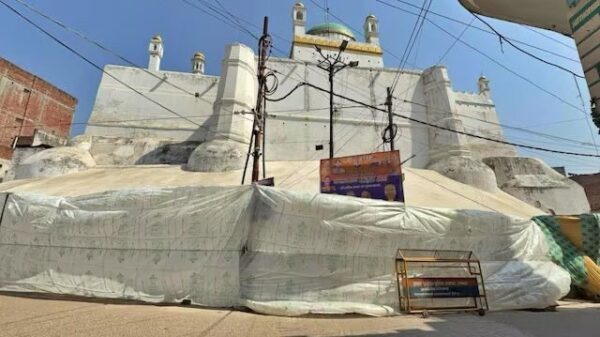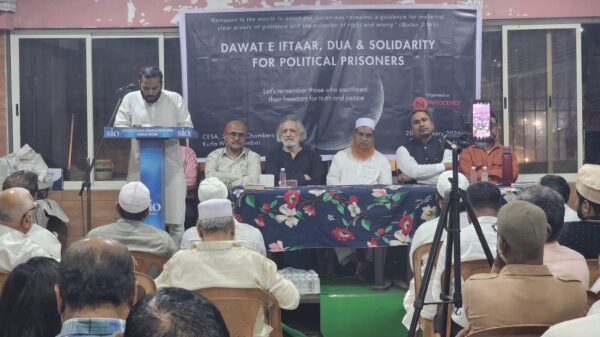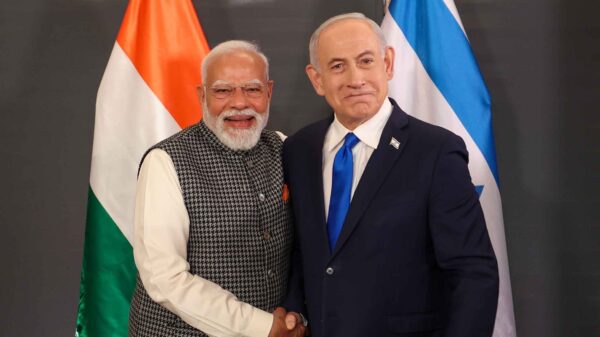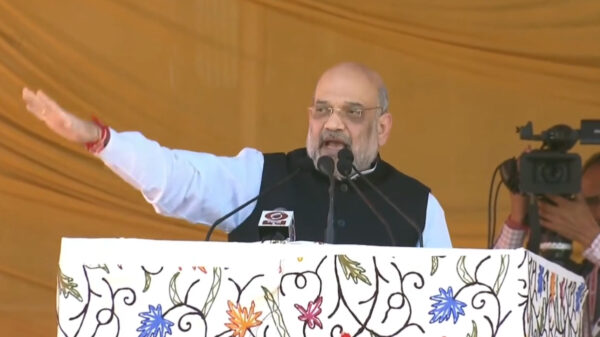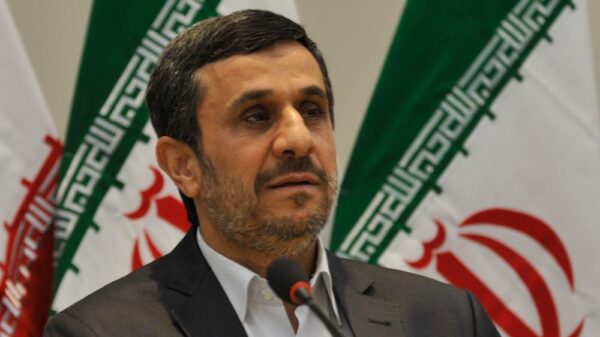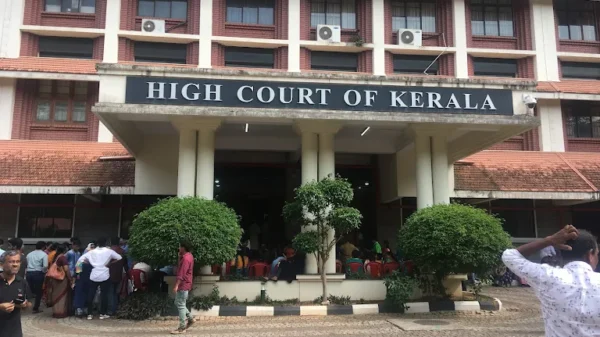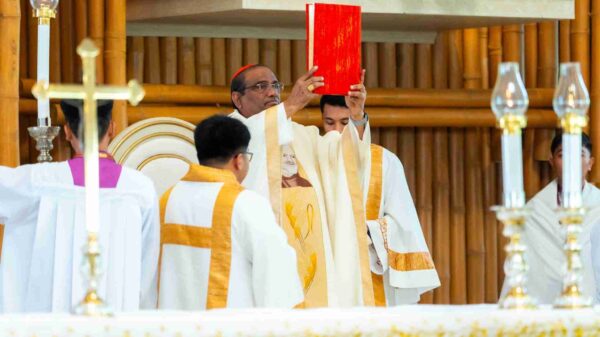A special court in Uttar Pradesh’s Ambedkar Nagar district has sentenced a Christian couple, Pastor Jose Pappachan and his wife Sheeja Pappachan, to five years in prison for attempting to convert individuals, marking the first such conviction under India’s stringent anti-conversion laws. The court also fined the couple ₹25,000 each.
The conviction, which came on January 22, follows a complaint filed by a member of the ruling Bharatiya Janata Party (BJP) in January 2023. The couple was accused of attempting to convert people, particularly from tribal and Dalit communities, despite their defense that they were simply providing education, promoting sobriety, and organizing community activities.
Christian leaders have expressed concern over the ruling, with A. C. Michael, a prominent Christian activist, describing it as a troubling development.
“This is the first time we have encountered such a sentence for a suspected conversion attempt. It is not a recognized crime under the law, and we believe it will not stand in a higher court,” Michael stated.
Pastor Joy Mathew, who has been assisting the couple, called the judgment biased and indicated that they will challenge it in the High Court.
“There was no evidence to substantiate the charges of conversion, yet they were convicted based on unsubstantiated statements,” Mathew told UCA News.
The Pappachans were convicted under the Uttar Pradesh Prohibition of Unlawful Conversion of Religion Act 2021, which was amended in 2024 to impose harsher penalties, including a life sentence for certain offenses. The law, which restricts religious conversions, has been a point of controversy, with many arguing that it unfairly targets religious minorities.
Despite their conviction, the couple had previously been granted bail by the Allahabad High Court in September 2024, which stated that actions such as distributing Bibles, providing education, and organizing public charity events did not constitute an attempt at forced conversion.
The High Court had also raised questions about the legal standing of the complainant, as only an aggrieved individual or their relative can file such complaints under the law, though the 2024 amendment allowed third-party complaints.
Uttar Pradesh, with a population of 200 million, has seen a rise in anti-Christian incidents, recording 209 such cases in 2024 alone, the highest in India.
According to the United Christian Forum (UCF), at least 70 Christians, including pastors, are currently in prison for alleged violations of the anti-conversion laws.






